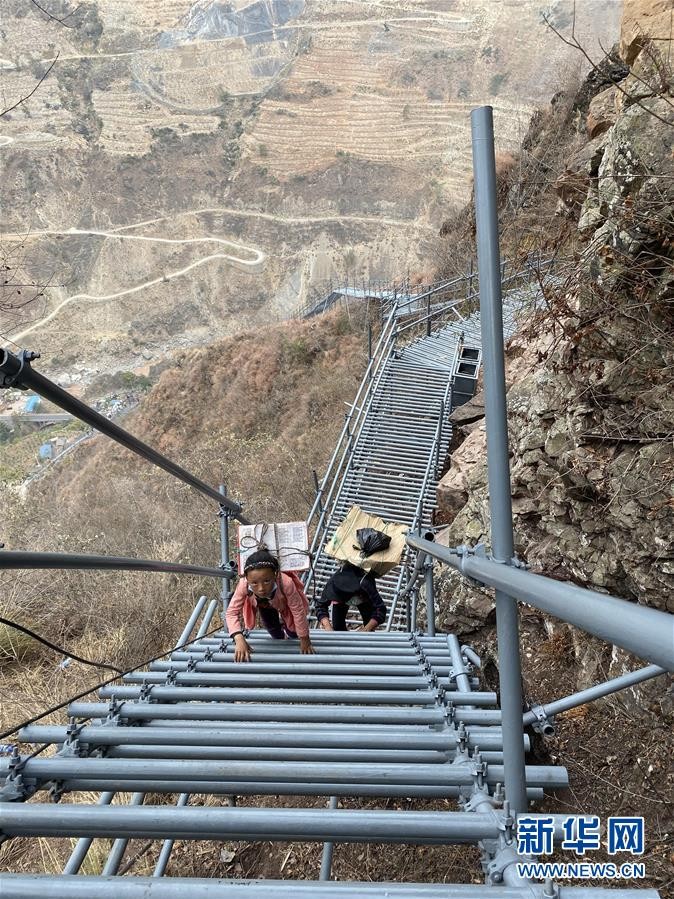From hardships to happiness: Liangshan villagers shake off poverty
People in the Daliang Mountains area in southwestern China used to live in extreme poverty, but they now embrace happy new lives with decent houses, new jobs, and promising future, heading from hardships to happiness.
By Zhang Jiaqi
By the upper reaches of the Yangtze River in southwest China's Sichuan province lies the vast expanse of the Daliang Mountains. People of the Yi ethnic group have lived here for thousands of years, and the region is still home to the largest Yi communities in the country. However, the mountainous area, known for its stunning views, has also trapped its inhabitants in extreme poverty due to the difficulties of accessing convenient transportation.
By 2017, Liangshan Yi autonomous prefecture, where the Daliang Mountains are located, had 11 impoverished counties out of a total of 17 counties. Within these poor counties were 1,618 poverty-stricken villages and 528,300 poor people. Many of them lived high up on the top of steep mountains, and had to climb long and dangerous rattan ladders to get up and down.
Decent houses
Mou'se Labo's video clips on a widely used short video platform in China got more people to know about his hometown Atulieer village, which perched on a cliff-like steep mountain 1,400 meters above sea level. With no roads up or down, the 100-plus households here had to connect to the outside world by rattan ladders. For children studying at the foot of the mountain, it took them more than two hours to get to school. For safety reasons, some did not get education until they were over 10.
Most villagers here grew corn and potatoes for a living. Mou'se Labo used to carry corn and potatoes to the market down the mountain to sell, and often had to drop the prices at the end of the day, or he would have to drag the leftovers back to the mountain top.
The local government allocated 1 million yuan (US$149,800) to replace the rattan ladders with a 2,556-step stainless steel ladder in May 2016, offering the people at the village a safer access to the outside world. However, many still had limited access to modern prosperity due to the inconvenience of transportation.

Local officials admitted that the costs of constructing and maintaining roads could be very high in places with such complex geographical conditions. For some villages, there were few options for building roads, and relocation was the most practical way to lift people out of poverty.
In May 2020, the local government relocated 84 impoverished households in the village to new communities. Mou'se Labo's family, who had lived in a dark mud hut, paid 10,000 yuan to get a big bright house with furniture in his new community.
Residential buildings in the new community are designed with distinctive Yi features, and it is equipped with a common area, a grocery store, an activity room for the elderly, and a study room for the children. A school, a career center, and a maternal and child health center are under construction.
"If I went to buy it on my own, I guess I would never be able to afford such a nice house," Mou'se Labo said. His community Muendi, which means "mansions bathed in kindness," is now home to 6,258 people from 1,428 relocated households. It is the largest relocation community throughout Zhaojue county.

